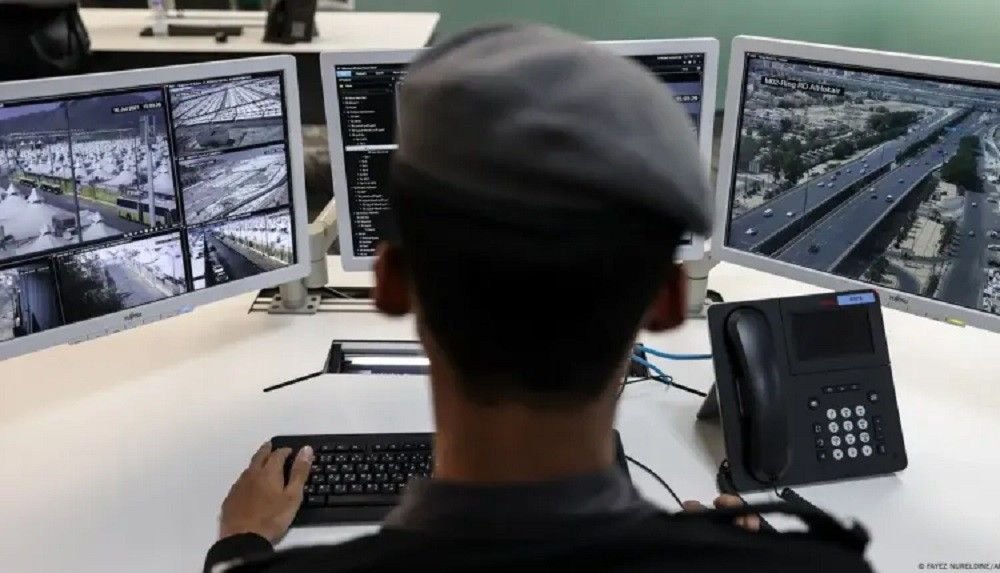A human rights organization has raised alarms about the growing threats to individual privacy and freedom of expression in the UAE, as authorities expand their use of artificial intelligence (AI) technologies for surveillance and monitoring. The Americans for Democracy and Human Rights in Bahrain (ADHRB) has highlighted the serious concerns related to the deployment of AI-powered surveillance systems, particularly in terms of privacy, free speech, and potential government overreach.
The UAE, one of the countries making significant investments in AI, has increasingly utilized surveillance technologies in major cities like Dubai and Abu Dhabi. The government’s AI push is overseen by Tahnoun bin Zayed Al Nahyan, the UAE’s National Security Advisor, who leads efforts to transform Abu Dhabi into a global AI hub, with assets exceeding $1.5 trillion.
Programs such as Dubai’s “Oyoon,” which uses over 300,000 facial recognition-enabled cameras, and Abu Dhabi’s “Falcon Eye” system are massive AI-powered surveillance systems designed to track residents and visitors. While these technologies provide a sense of heightened security, they also raise significant privacy concerns, as they continuously monitor individuals without their consent.
The widespread use of AI surveillance in public spaces violates international human rights standards on privacy and has the potential to encourage self-censorship, with individuals altering their behavior due to the constant surveillance. Additionally, strict cybercrime laws in the UAE, such as Federal Law No. 34 of 2021, criminalize online activities that challenge the government, leading to the imprisonment of academics, journalists, and activists who express dissenting opinions.
The use of spyware, such as the Pegasus software developed by the Israeli NSO Group, to monitor dissidents has also raised concerns. Human rights defender Ahmed Mansoor was sentenced to 10 years in prison based on data extracted from his Pegasus-infected device, highlighting the potential for AI and surveillance tools to suppress opposition and violate personal freedoms.
Global scrutiny of the UAE’s surveillance practices has grown, particularly during international events such as the COP28 conference in Dubai, where concerns were raised about privacy violations and the suppression of open dialogue. Investigative reports, such as Ronan Farrow’s documentary The Surveillance State, have shed light on the global impact of these technologies, advocating for international regulations to govern their use.
The ADHRB has called on UAE authorities to establish transparent legal frameworks, ensure accountability for the misuse of surveillance technologies, and collaborate with international human rights bodies to address the harmful effects of AI-powered surveillance.















